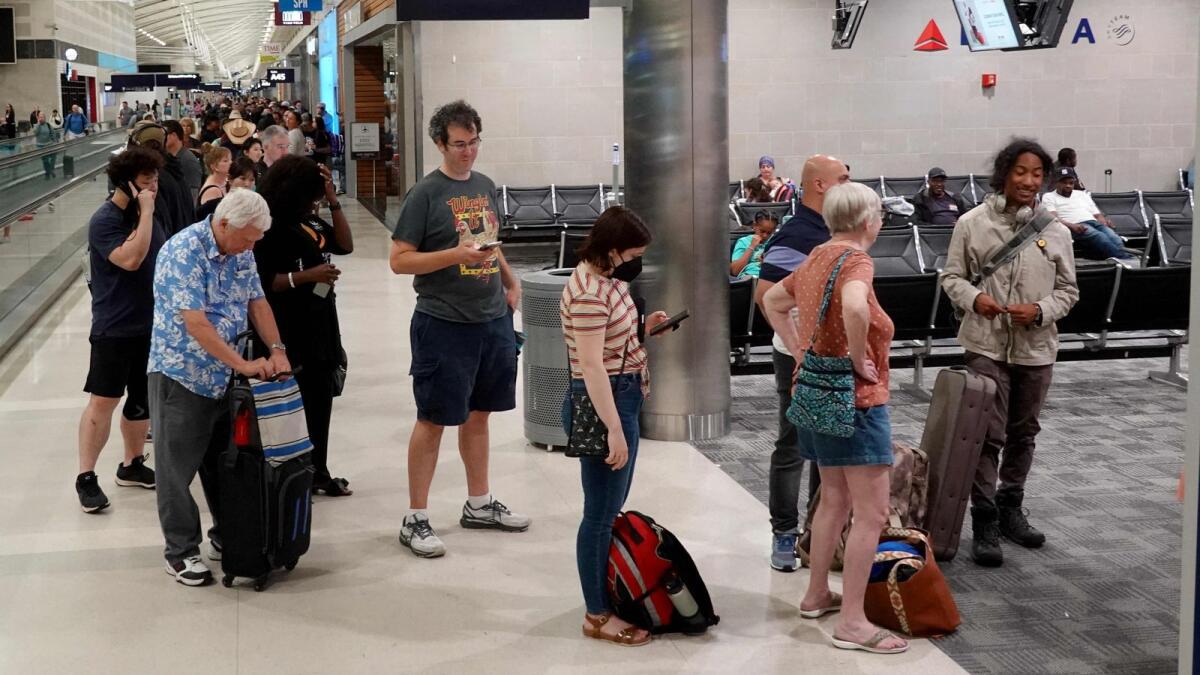Following one of the biggest IT crashes in recent years, global carriers, banks, and financial institutions were thrown into turmoil after an update to an antivirus program caused systems to crash worldwide. Passengers faced cancellations and delays at airports as operators struggled to keep services on track after an update to a program operating on Microsoft Windows crashed systems worldwide. Multiple US airlines and airports across Asia began resuming operations, with check-in services restored in Hong Kong, South Korea, and Thailand, and mostly back to normal in India, Indonesia, and at Singapore’s Changi Airport.
Microsoft confirmed that the issue started affecting Windows users running the CrowdStrike Falcon cybersecurity software on Thursday. Crowdstrike rolled out a fix for the problem, with CEO George Kurtz personally apologizing for the impact on organizations and individuals. The full impact of the outage was not yet known, with reports from the Netherlands and Britain suggesting that health services and media companies were also affected. While services in Australia had mostly returned to normal, Sydney Airport was still reporting flight delays.
Banks in Kenya and Ukraine reported issues with their digital services, and some mobile phone carriers were disrupted, leading to an increase in scam and phishing attempts in Australia. The Institution of Engineering and Technology in Britain noted that the scale of the outage was unprecedented. Some airports halted all flights, while others resorted to manual check-ins, leading to long lines and frustrated travelers. The US Federal Aviation Administration (FAA) initially ordered all flights grounded, but airlines later began re-establishing services and working through the backlog.
Companies affected by the outage were left patching up their systems and trying to assess the damage. Crowdstrike’s Kurtz stated that teams were fully mobilized to help affected customers, and a fix had been deployed. Experts questioned the ease of rolling out a proper fix and called for a widespread reconsideration of how reliant societies are on a handful of tech companies for essential services. Infrastructure should be designed to be resilient against common cause problems, according to experts at York University in Britain.
In conclusion, the IT crash caused by an antivirus program update disrupted operations for global carriers, banks, and financial institutions. While airlines and airports gradually resumed operations, the full impact of the outage was not yet known, with reports of disruptions in health services and media companies. Banks and mobile phone carriers were also affected, leading to an increase in scam and phishing attempts. Experts called for a reconsideration of reliance on tech companies for essential services and emphasized the importance of resilient infrastructure to prevent similar incidents in the future.











